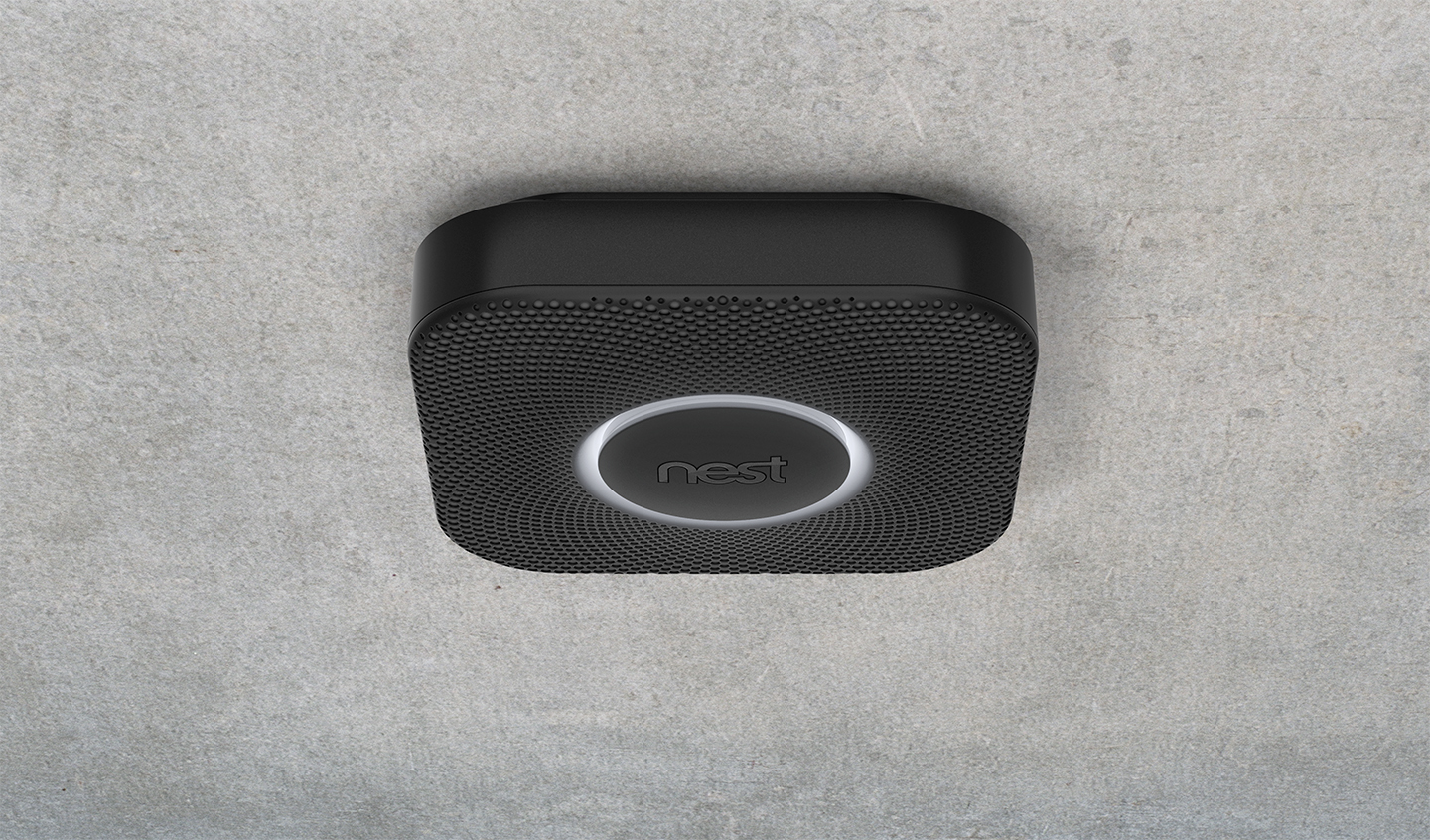
Nest Labs–a startup recently bought by Google which brings high style and web smarts to mundane household devices–is recalling Nest Protect, a smoke and carbon monoxide detector, over concerns that its alarm might fail to go off in emergency situations. The Consumer Product Safety Commission estimates that 440,000 Nest Protect units are affected by the problem.
Wednesday’s recall news, though important, isn’t quite as big a deal as it sounds like: It’s more of a formality, as the CPSC is officially alerting consumers to measures which Nest took on its own back on April 3. And the “recall” doesn’t involve Nest owners having to send the detectors back for repair; they were designed all along to update their own software over Wi-Fi, a feature which makes this unexpected development less of a disaster.
The risk relates to one of the detector’s most clever features, “wave to dismiss.” If the alarm goes off because of something which isn’t actually dangerous–like a little smoke wafting from your oven as you cook dinner–you don’t need to frantically whip a towel through the air or stand on a chair to turn it off. Instead, you can merely wave your hand and a motion detector inside Nest Protect will shut off the alarm.
Here’s the rub: The company concluded that there was a chance that the feature might malfunction, causing Nest Protect to stay silent in a situation that really is dangerous. There are no known examples of any harm coming to people or property because of the problem, but Nest decided to issue a software update which temporarily disabled the feature while it worked on a permanent fix.
On April 3, Nest disclosed the discovery of the potential hazard, issued the software update which shut off wave-to-dismiss, halted sales of new units and offered a refund to any Nest Protect owner who was unable or unwilling to perform the update.
Why the delay before the CPSC’s recall notice? The agency had its own technicians examine Nest’s solution for the issue and approve it–a process which took a few weeks. It considers the formal notification it published today to be a recall, even though the resolution involves the smoke detector self-installing the update. (And as before, consumers can also return the unit for a refund.)
Nest, meanwhile, says it’s finishing a new version of “wave-to-dismiss” which will bring back the feature while eliminating the malfunction. It’ll be part of another software update which the company plans to push out in the next few weeks, whereupon it will also resume sales of Nest Protect.
MORE: How a Thermostat Can Save the World
More Must-Reads from TIME
- Why Biden Dropped Out
- Ukraine’s Plan to Survive Trump
- The Rise of a New Kind of Parenting Guru
- The Chaos and Commotion of the RNC in Photos
- Why We All Have a Stake in Twisters’ Success
- 8 Eating Habits That Actually Improve Your Sleep
- Welcome to the Noah Lyles Olympics
- Get Our Paris Olympics Newsletter in Your Inbox
Contact us at letters@time.com